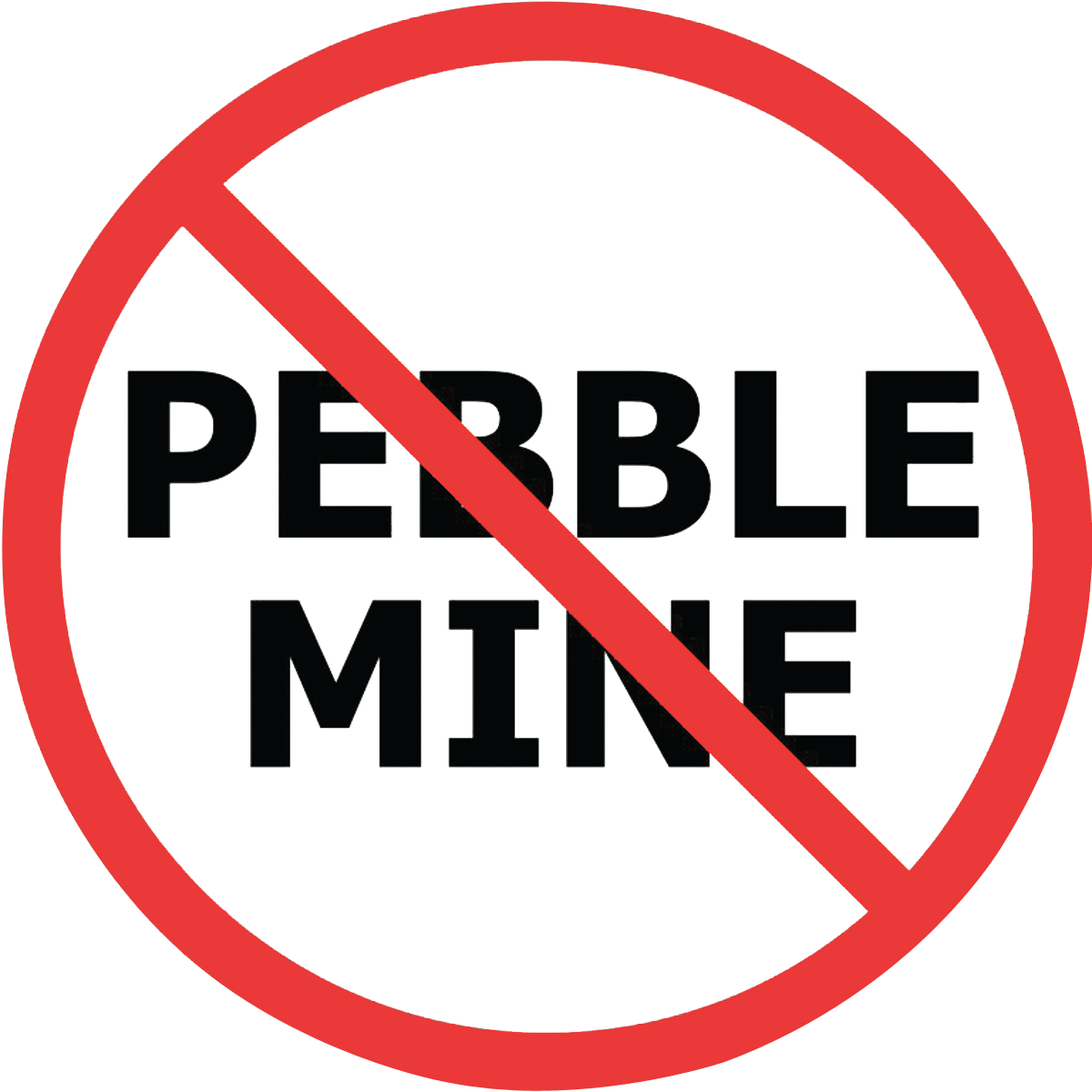January 13, 2016
By Joby Warrick for the Washington Post
The Environmental Protection Agency’s internal watchdog has found no evidence of bias in the agency’s efforts to block a proposed gold mine from being built near Alaska’s Bristol Bay.
The EPA’s Inspector General, in a report released on Wednesday, said agency officials followed normal guidelines in assessing whether the controversial Pebble Mine project should be built. The EPA is moving toward a formal decision to bar mining operations in the region citing risks to wildlife, including the world’s biggest run of sockeye salmon.
The report did cite “possible misuse of position” by an EPA employee who used his personal email in communicating with Alaskan tribes opposed to the mine.
“Based on available information, we found no evidence of bias in how the EPA conducted its assessment of the Bristol Bay watershed, or that the EPA predetermined the assessment outcome,” the Inspector General report said.
A pair of lawsuits filed by Pebble’s developer accuses the agency of showing bias in its decision to seek what is effectively a pre-emptive veto against mining in the region. Lawyers for Pebble Partnership accuse EPA officials of colluding with anti-mine activists to short-circuit the normal review process by blocking the mine before the owner could file permits or present arguments on the environmental merits.
EPA officials have consistently denied the allegations, while asserting that the environmental risks are too great to allow construction of one of the world’s biggest open-pit gold mines in the middle of prime spawning grounds for salmon. “We stand behind our study and our public process, and we are confident in our work to protect Bristol Bay,” EPA Regional Administrator Dennis McLerran said.
A final decision on the mine is on hold pending the outcome of the lawsuits.
Pebble officials called Wednesday’s report a “whitewash” and an “embarrassing failure,” saying the EPA’s watchdog overlooked alleged improprieties that have drawn the interest of Congress and a federal judge.
“We expect Congress will continue its investigation into the breadth of misconduct we have uncovered through the limited information that has been made publicly available,” Pebble CEO Tom Collier said in a statement.
But opponents of the mine cheered the report as an exoneration for the EPA and a victory for wildlife and fishermen.
“For years, the angling and hunting community has steadfastly pursued protection for Bristol Bay from the risks of huge mines like Pebble,” said Scott Hed, director of Sportsman’s Alliance for Alaska. He said outdoorsmen agreed with the EPA’s assessment that large-scale mining would pose “an enormous threat to one of the planet’s premier sport fishing and hunting destinations.”
